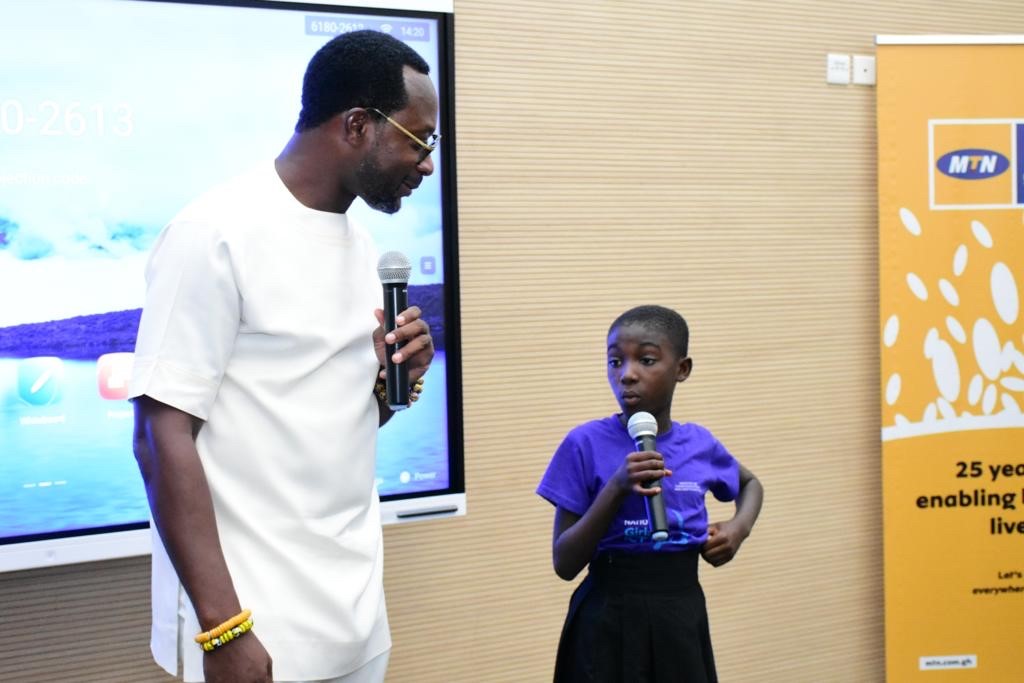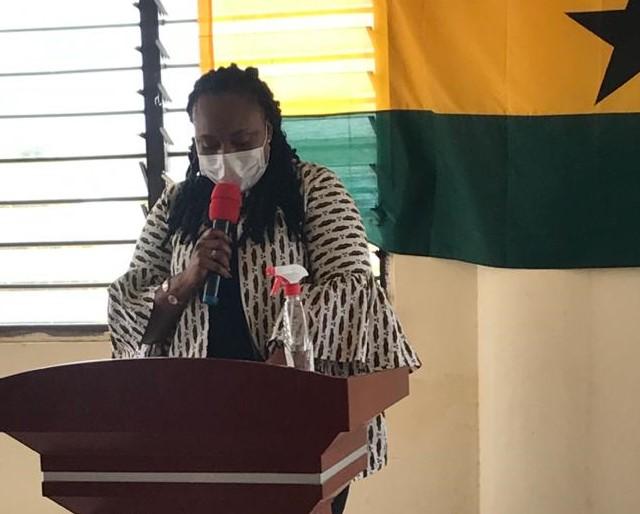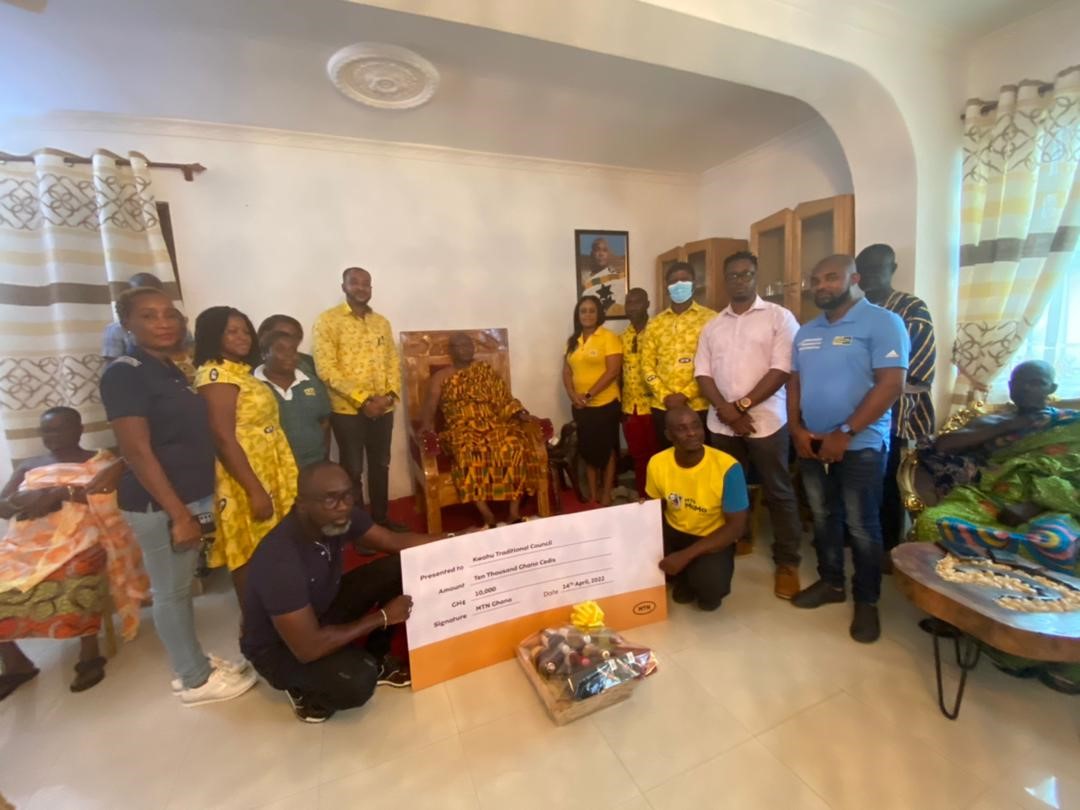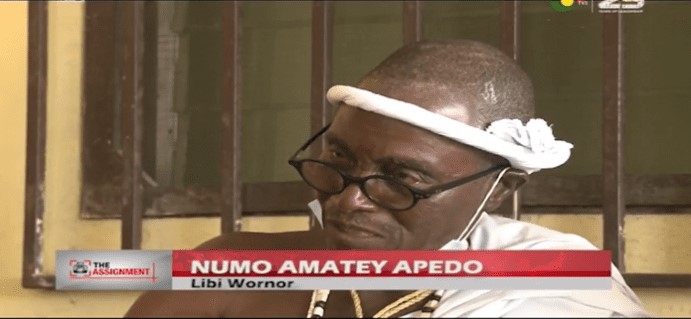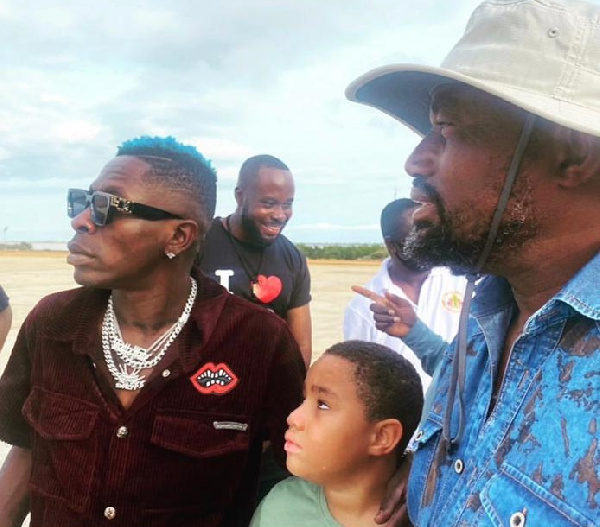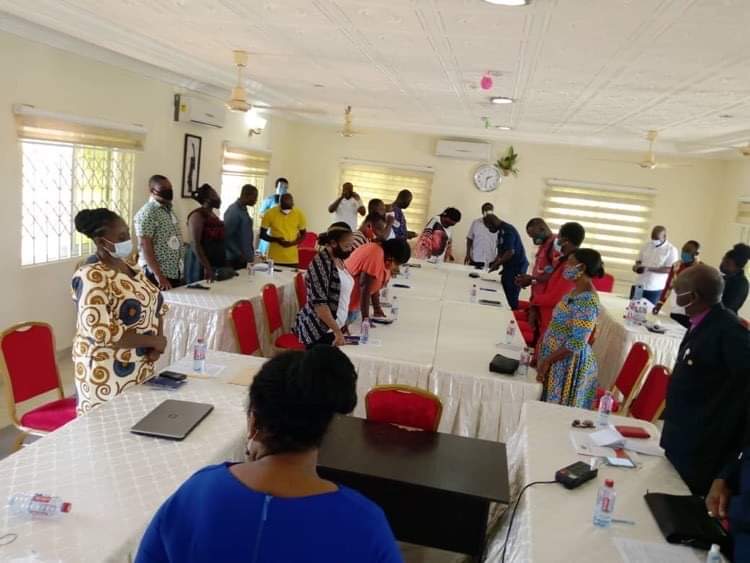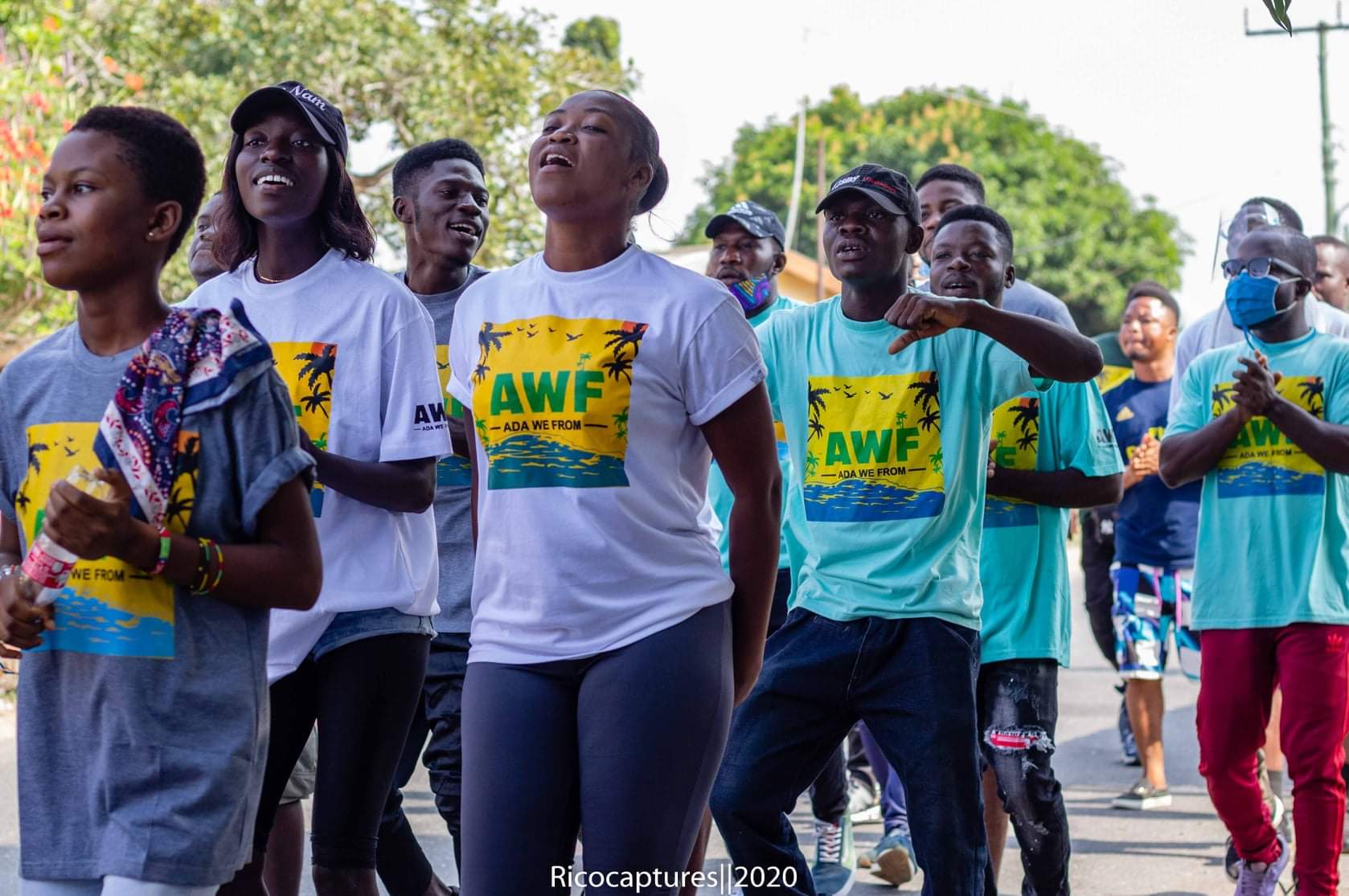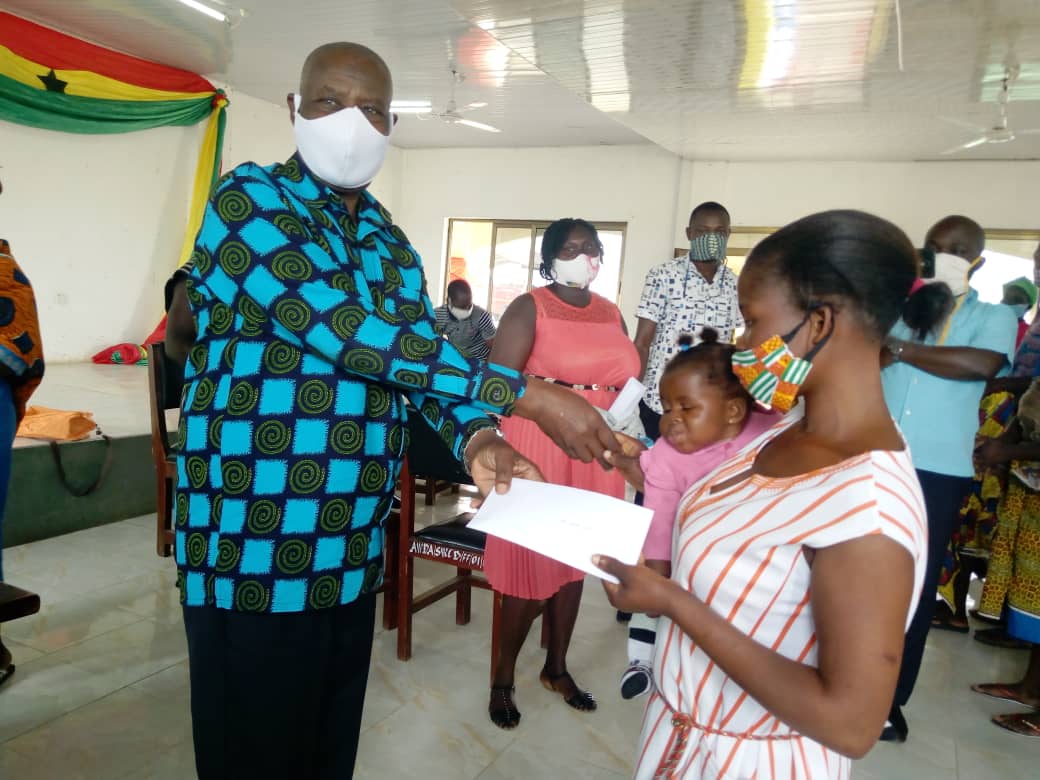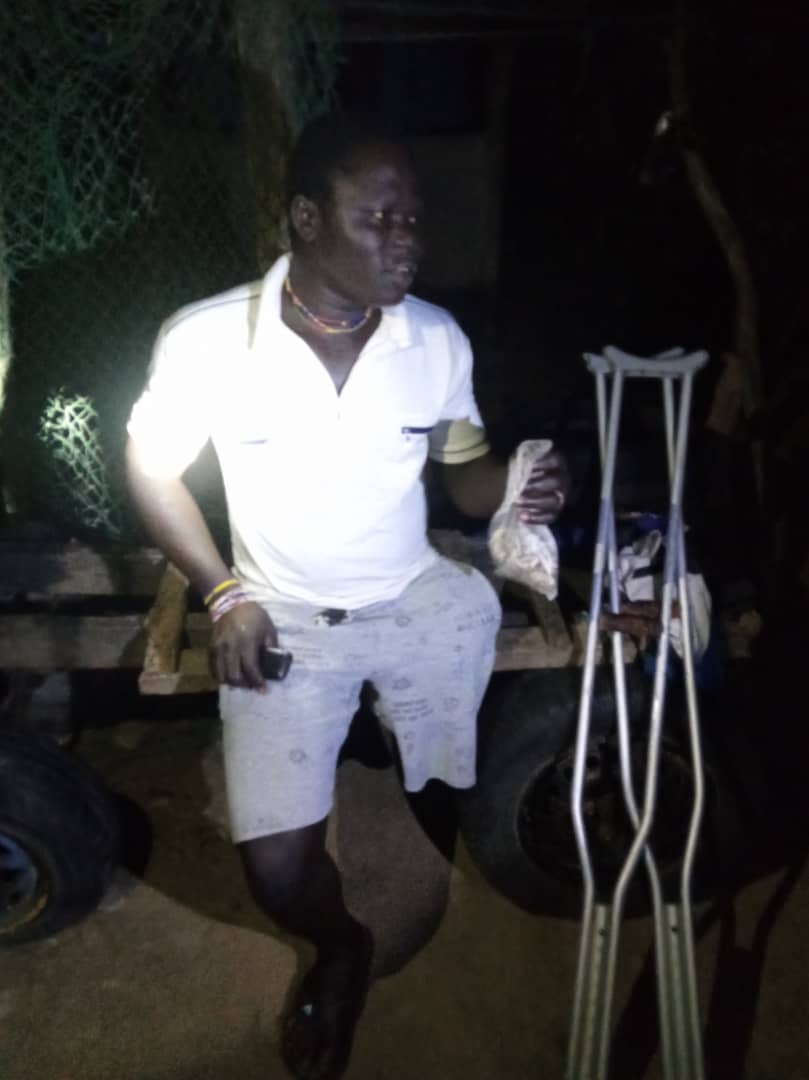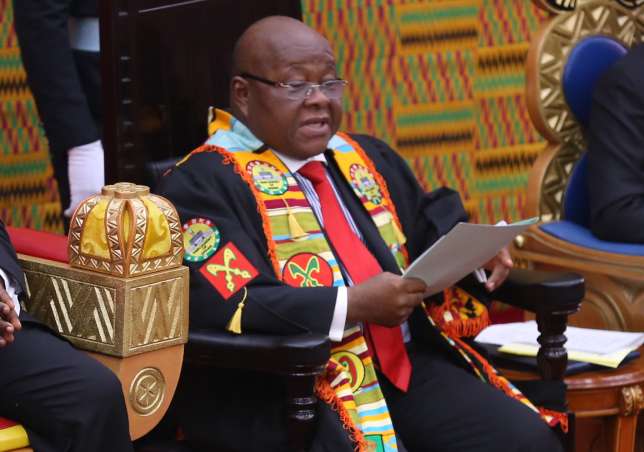Luta: Assemblymember sensitizes stakeholders against violence in Election 2020

The Assemblymember for Badzor-Ohe/ Luta Electoral Area, Hon. Amuyao David Narh has called on political parties and chiefs to eschew themselves from inciting political violence amongst the people in order to ensure a peaceful environment in the upcoming general polls, stressing that democracy should not be silenced with political power or money.
Mr. Narh, also former Presiding Member of the Ada West District Assembly as well as a former president of Presiding Members of Ghana, met with stakeholders of his electoral area on Sunday 30th September 2020 to discuss ways to ensure peaceful elections in the community come December 7.

Hon. Narh told Adacommunityonline.com in an interview that political and church leaders, chiefs, youths, and many other stakeholders are the right persons to put things in place for violence-free campaigns and elections.
“Insults, fighting, firing of guns, throwing of stones, burning of properties and many more lead to misunderstanding, lost of properties and jobs and even separations,” he explained.
“The use of abusive words and telling lies about political opponents instead of basing one’s message on what his party has done or intend to do for the populace also leads to violence during the campaign period,” Hon. Narh continued.
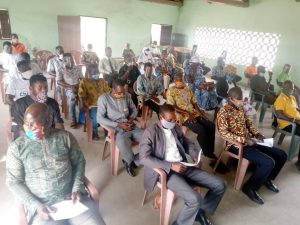
“I have therefore organized this meeting so that we can plan or prepare ourselves in order to achieve this objective together and this can only be done when stakeholders consider our electoral area to be bigger and important than their political parties,” the Assemblymember emphasized.
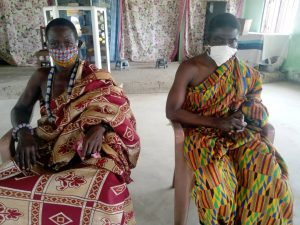
The chief of Amuyaokorpe and Chairman for the program, Nene Narteh-Amuyao V assured the Assemblyman of maintaining peace and order within the area and called on other stakeholders especially the youth not to allow themselves to be bullied by politicians with political power or money.

Party, youth, and church leaders present pledged to sensitize their members to eschew themselves from violence to ensure peace before, during, and after the elections.
By Opesika Tetteh Puplampu


